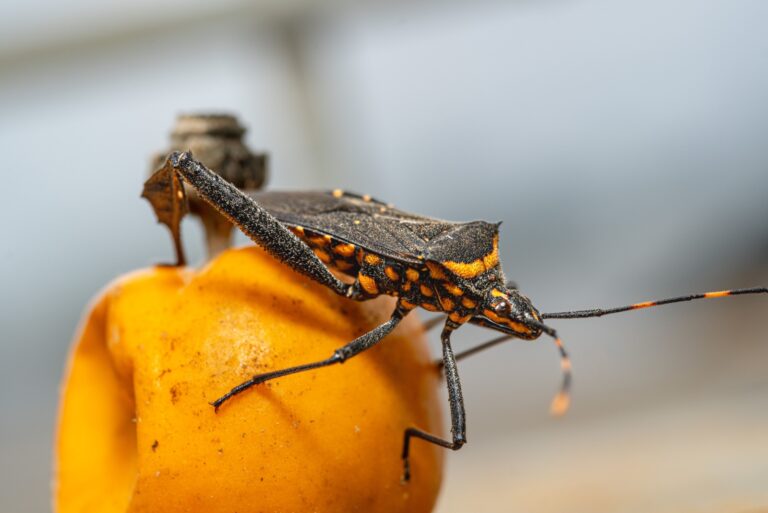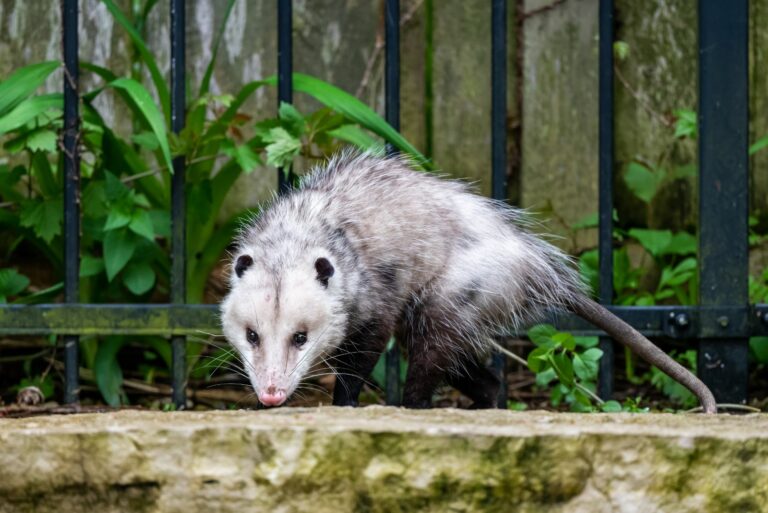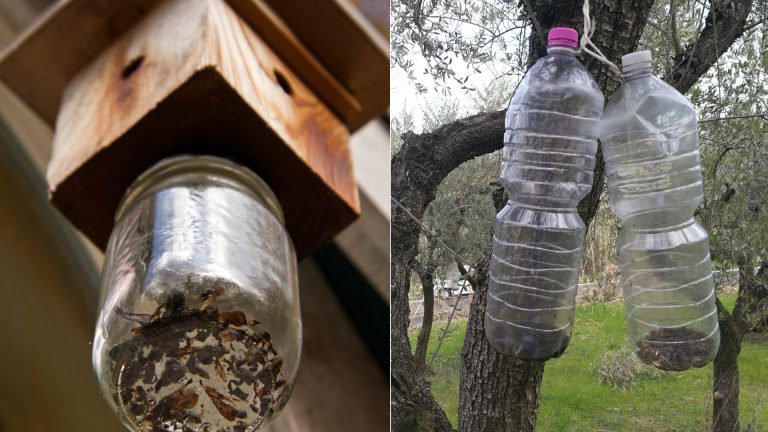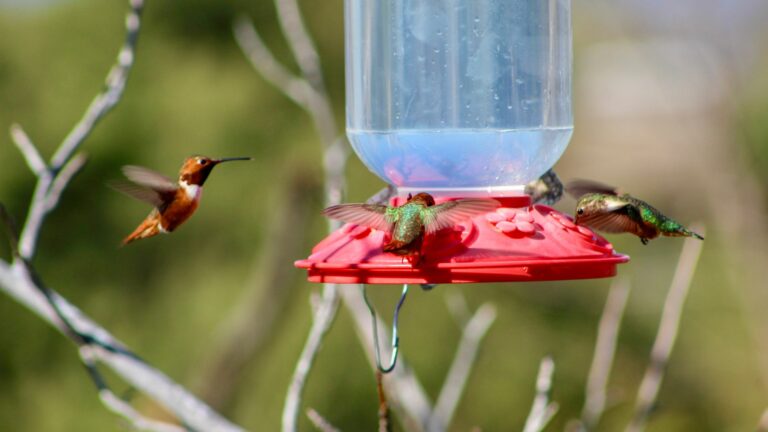Connecticut Residents Swear By These 11 Plants To Deter Rats
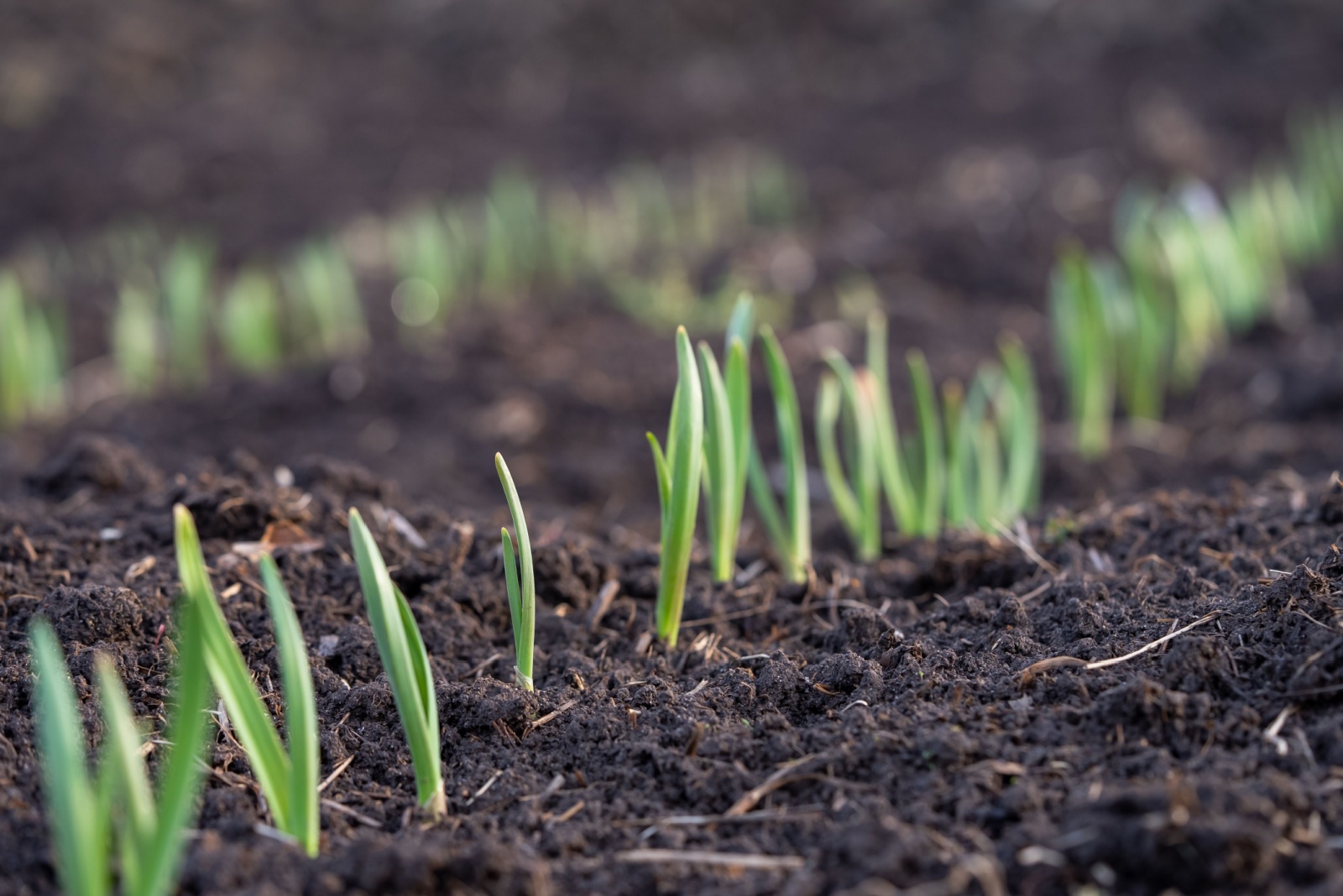
Dealing with rats around your home can be frustrating and stressful. Many Connecticut homeowners have discovered that certain plants act as natural deterrents, keeping these unwanted visitors away without harsh chemicals.
Growing the right plants in your yard creates a safer, more pleasant environment for your family while protecting your property from rodent damage.
1. Peppermint
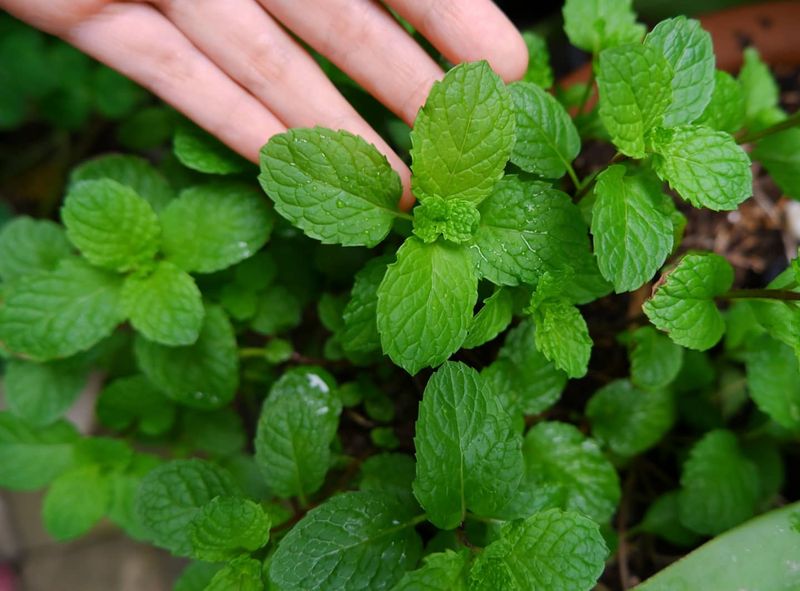
Rats absolutely hate the strong, refreshing smell that peppermint gives off. Plant it near entry points to your Connecticut home, like doorways or garage openings, and watch rodents steer clear.
Peppermint grows quickly and spreads easily, making it a low-maintenance option for busy homeowners. You can also crush fresh leaves and place them in problem areas indoors.
Bonus: you’ll have fresh mint for tea and cooking all summer long!
2. Lavender
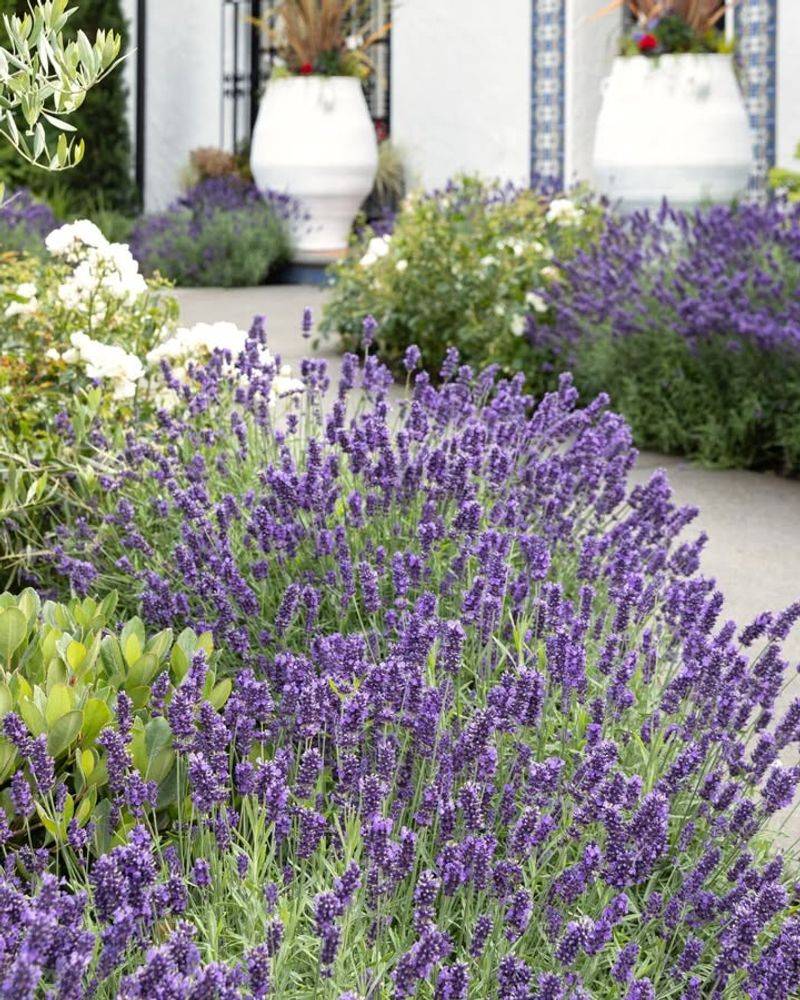
While humans adore lavender’s calming scent, rats find it overwhelming and unpleasant. Planting lavender around your home’s foundation creates a fragrant barrier that rodents won’t cross.
Lavender thrives in Connecticut’s climate and requires minimal watering once established. The purple blooms attract butterflies and bees while simultaneously repelling unwanted pests.
Dry the flowers to make sachets for closets and drawers, extending the rat-repelling benefits indoors throughout winter months.
3. Rosemary
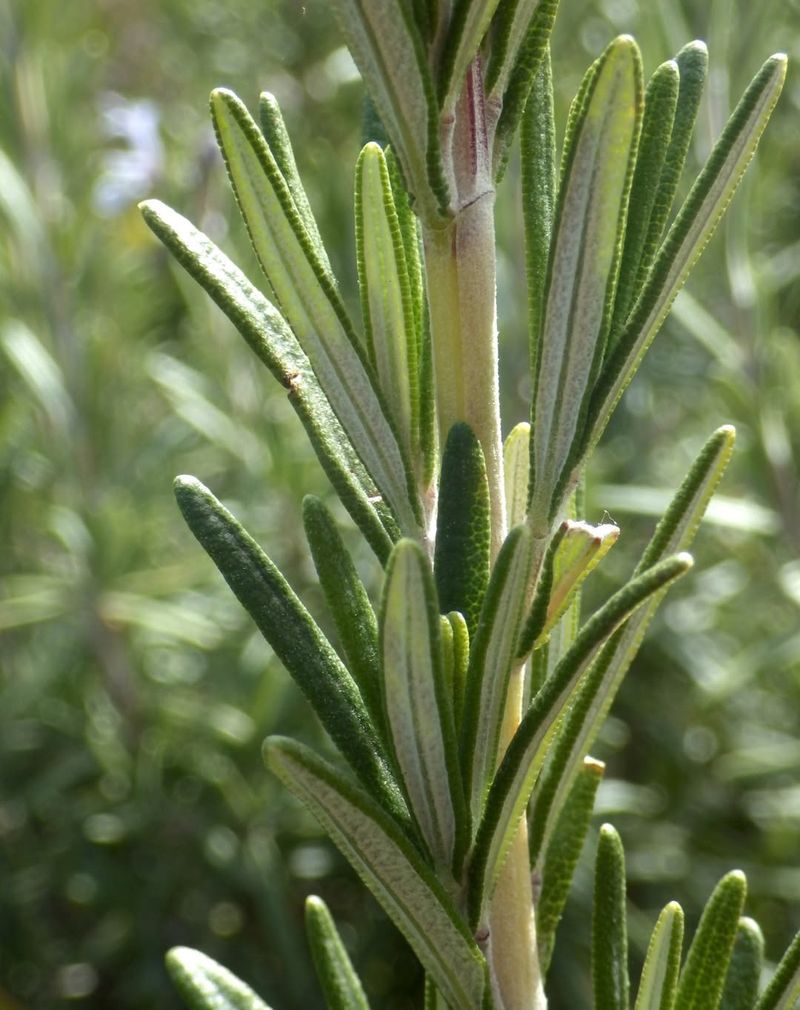
Did you know rosemary’s woody stems and pungent aroma make rats turn away immediately? Plant this hardy herb near garbage bins or compost areas where rodents typically gather.
Rosemary handles Connecticut winters surprisingly well, especially when planted in sheltered spots. The evergreen foliage provides year-round protection against rat invasions.
Snip fresh sprigs for roasting vegetables or seasoning meats while keeping your property rodent-free naturally and deliciously.
4. Marigolds
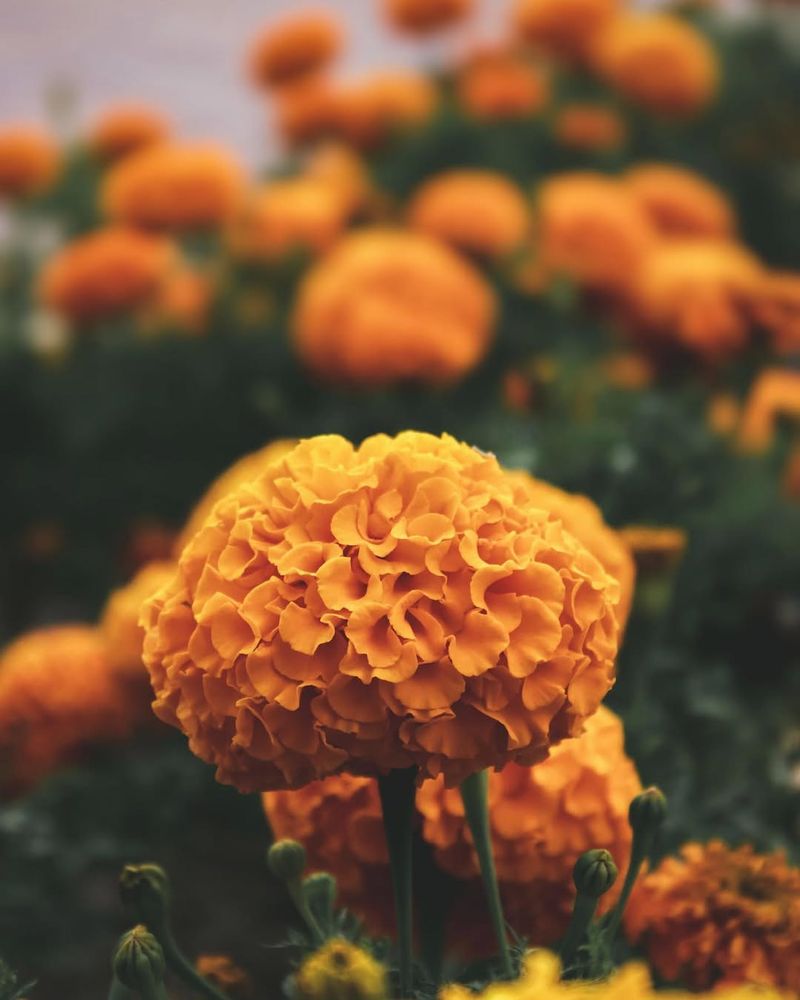
Marigolds pack a powerful punch with their distinctive scent that rats simply cannot stand. Their bright colors add cheerful beauty to your landscape while working overtime to protect your space.
Plant marigolds around vegetable gardens, sheds, or anywhere you’ve noticed rodent activity. They bloom continuously from spring through fall, providing months of natural protection.
Gardeners appreciate how marigolds also deter other pests like aphids and mosquitoes, making them multi-purpose defenders.
5. Daffodils
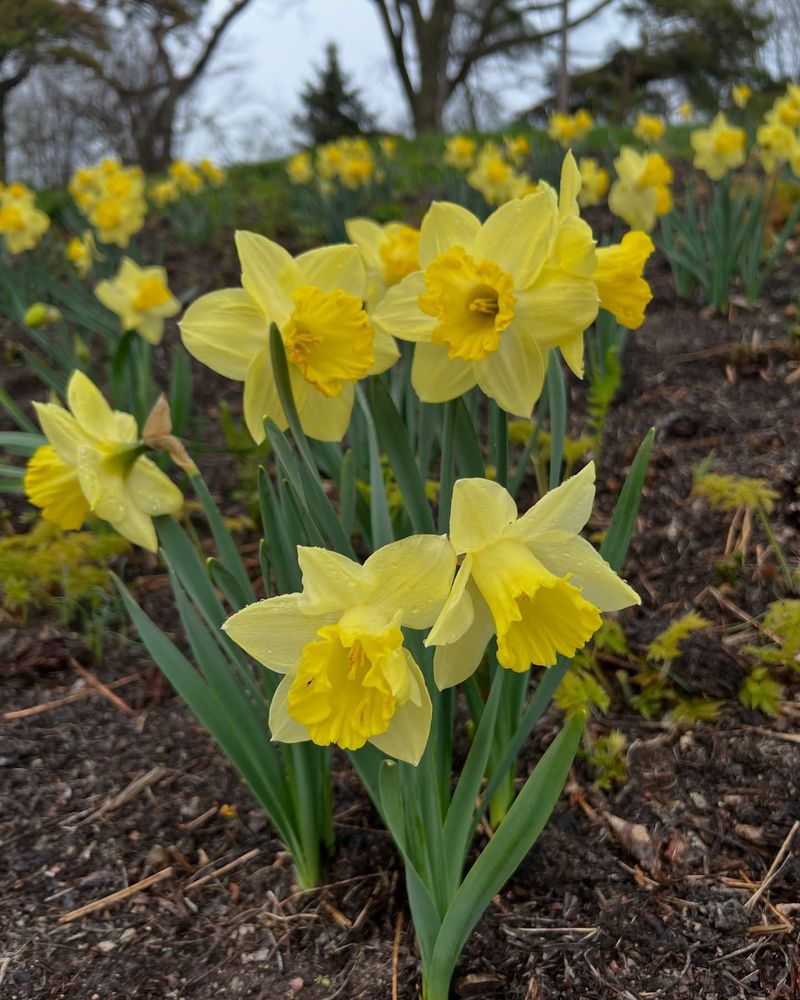
Daffodil bulbs contain toxic compounds that rats instinctively avoid, making them excellent perimeter plants. Once established, they return year after year without replanting.
Plant daffodils in fall for spectacular spring blooms that signal rats to stay away. The bulbs remain active underground even after flowers fade, continuing their protective work.
Connecticut’s cold winters don’t bother daffodils one bit, and they multiply naturally, expanding your rat-free zone over time without extra effort.
6. Garlic
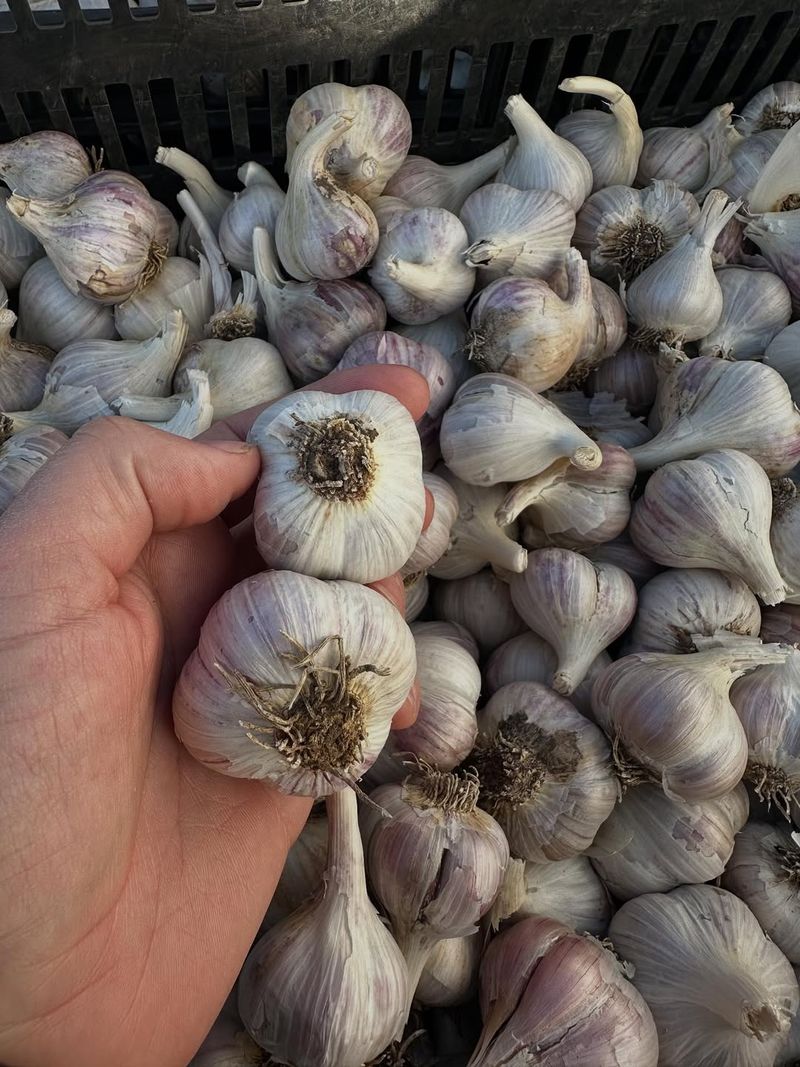
Few things repel rats more effectively than garlic’s sharp, penetrating odor. Planting garlic bulbs around your property creates an invisible shield that rodents won’t breach.
Garlic grows easily in Connecticut soil and requires little maintenance beyond occasional watering. Plant cloves in fall for a summer harvest of both pest protection and flavorful bulbs.
Scatter crushed garlic cloves in attics, basements, or crawl spaces for immediate rat-repelling action while your outdoor plants mature and strengthen.
7. Catnip
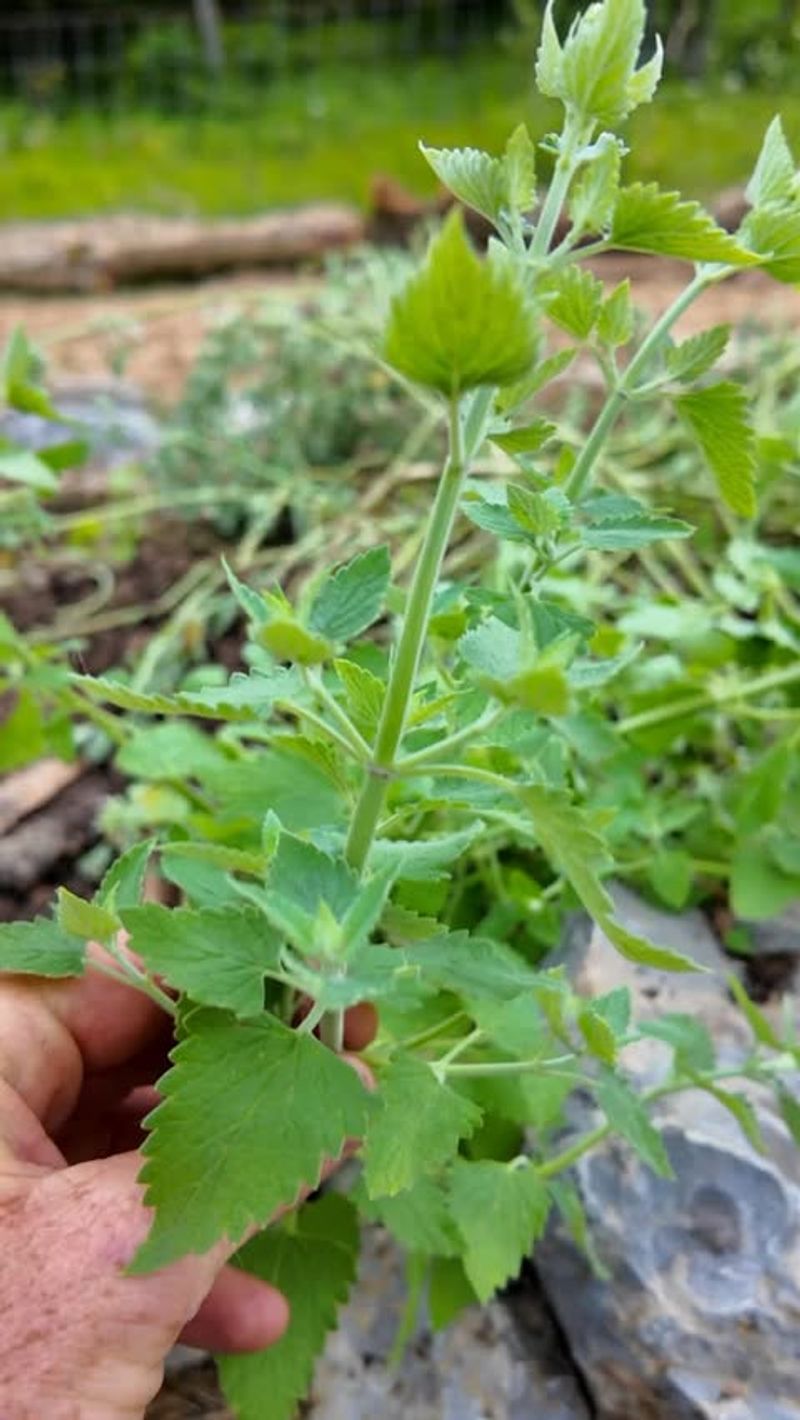
Catnip might drive your feline friends crazy, but it sends rats running in the opposite direction fast. The essential oils in catnip leaves create an environment rats find intolerable.
Plant catnip near building foundations or along fence lines where rats typically travel. It spreads readily and requires virtually no care once established in your yard.
Your cats will love rolling in it, and you’ll love how effectively it keeps rodents away from your home naturally and affordably.
8. Sage
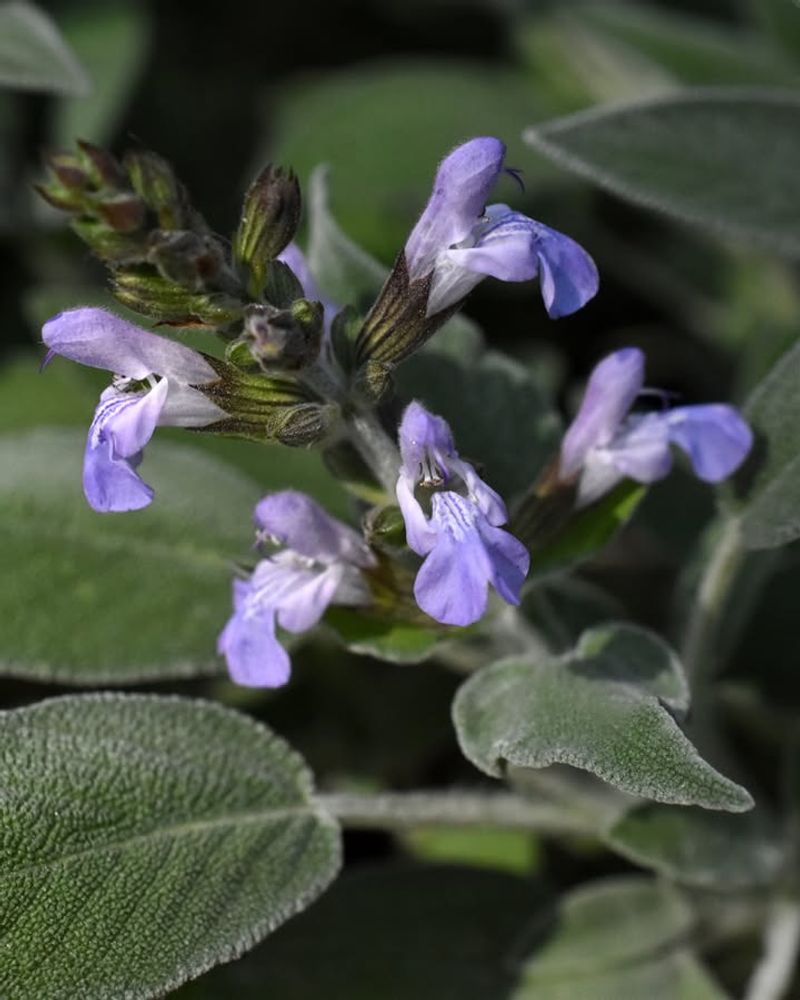
Sage brings culinary versatility and powerful rat-repelling properties to your Connecticut garden. Rats dislike sage’s strong camphor-like scent and avoid areas where it grows abundantly.
Plant sage in sunny spots near patios, decks, or outdoor living spaces to keep rodents away from family gatherings. The silvery foliage adds attractive texture to landscape designs.
Harvest leaves regularly for cooking, which encourages bushier growth and releases more of the oils that naturally deter rats from approaching your property.
9. Chrysanthemums
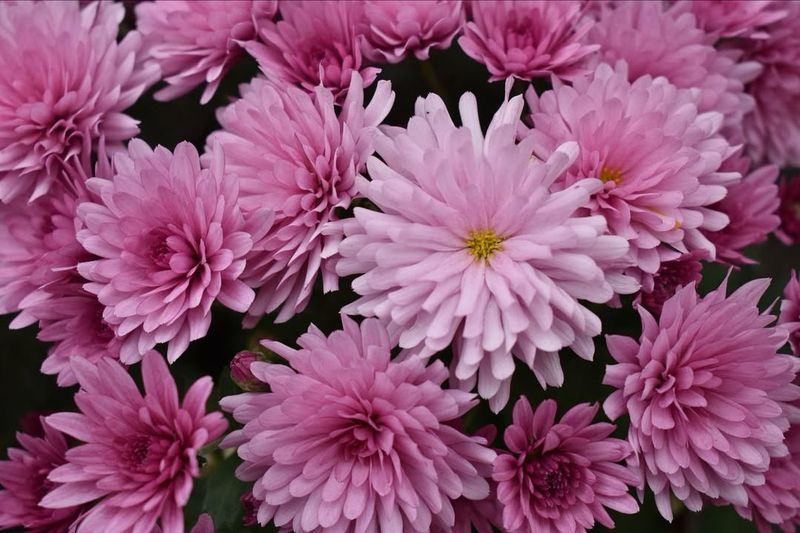
Chrysanthemums contain pyrethrin, a natural compound used in many commercial pest repellents that rats instinctively avoid. Plant mums in fall for gorgeous blooms and effective rodent control.
Connecticut gardeners love how chrysanthemums provide late-season color while protecting homes from rat invasions. They thrive in containers or garden beds equally well.
Position potted mums near doors, windows, or vents where rats might attempt entry for maximum protective benefits throughout autumn months.
10. Black Pepper Plant
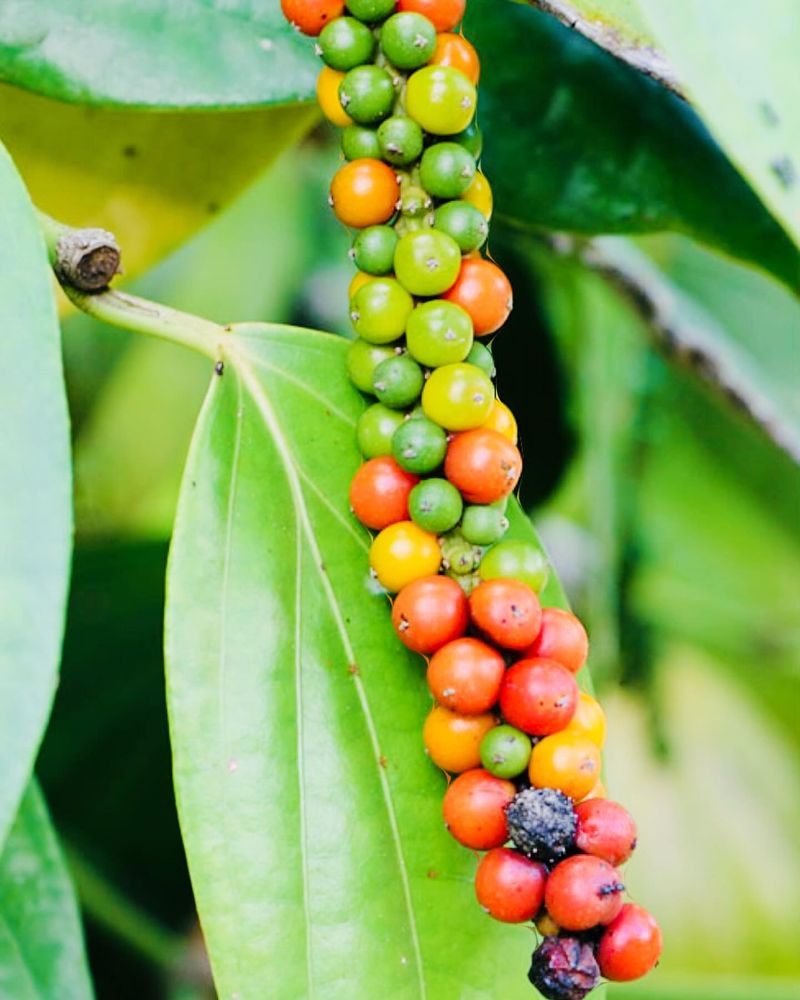
Growing black pepper plants might seem unusual for Connecticut, but they work wonderfully in containers brought indoors during winter. Rats despise pepper’s spicy compounds and avoid areas where it grows.
Place potted pepper plants near problem areas during warm months, then move them inside before frost. The plants continue producing their rat-repelling scent year-round.
Sprinkle dried peppercorns around outdoor spaces as an immediate deterrent while your pepper plants establish and grow stronger with time.
11. Onions
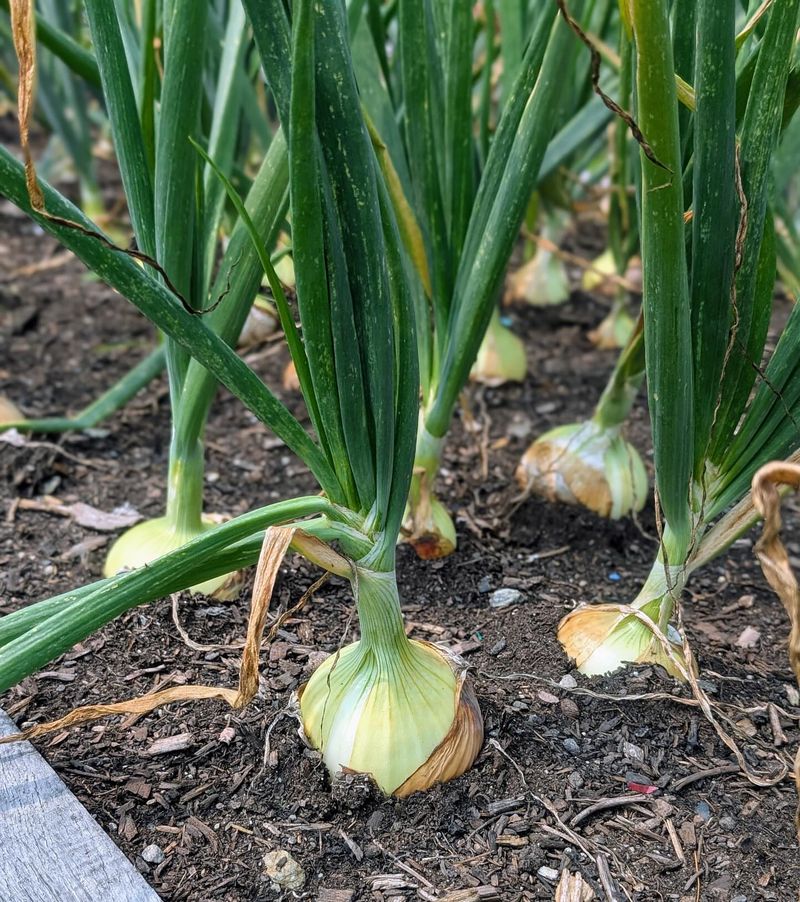
Onions release sulfur compounds that irritate rats’ sensitive noses, making them excellent natural deterrents. Plant onion sets around garden perimeters or near sheds and outbuildings.
Connecticut’s growing season supports various onion varieties that mature at different times, providing continuous protection. They require minimal space and care while delivering dual benefits.
Harvest mature onions for your kitchen while the remaining plants continue guarding against rodents, creating a sustainable cycle of protection and productivity.

